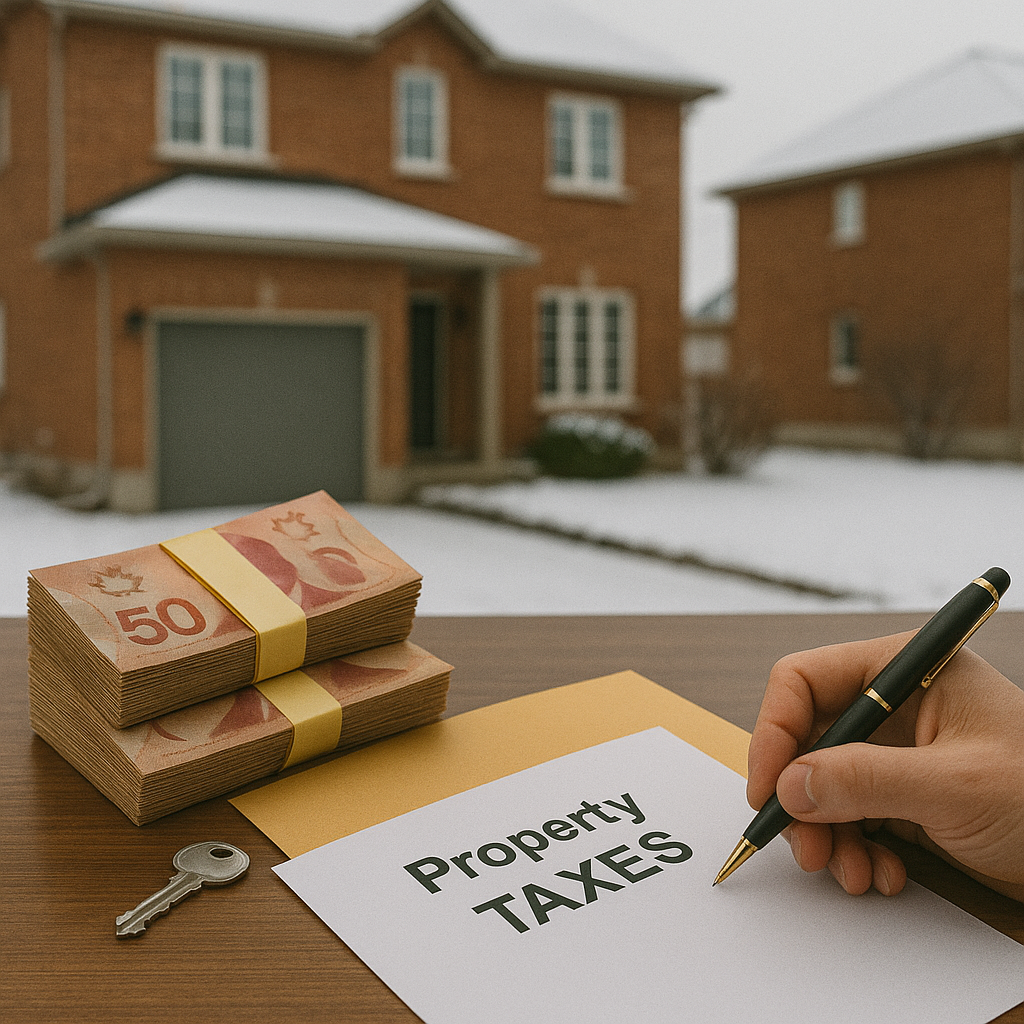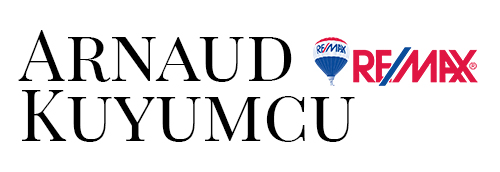
When buying a home in Montreal, there are several closing costs to consider beyond the purchase price. One of the most significant — and often overlooked — is the Property Transfer Tax, better known locally as the “Welcome Tax”. This fee can come as a surprise to first-time buyers and even seasoned investors unfamiliar with Quebec’s real estate system.
In this guide, we’ll break down what the Welcome Tax is, how it’s calculated, when it’s paid, and how you can budget for it effectively.
What Is the Welcome Tax?
The Welcome Tax is a one-time fee charged by the municipality upon the transfer of ownership of a property. Despite its name, it’s not exactly a warm greeting — it’s a mandatory tax applied whenever a property changes hands, whether you’re purchasing a condo, a duplex, or a single-family home.
Instituted in Quebec in 1976 through the Act Respecting Duties on Transfers of Immovables, this tax helps municipalities raise revenue for infrastructure and services. The buyer — not the seller — is responsible for paying it.
How Is the Welcome Tax Calculated in Montreal?
The Welcome Tax is calculated using a tiered structure, based on the higher of either:
- The actual purchase price of the property, or
- The municipal evaluation at the time of transfer
Montreal uses the following sliding scale (as of 2025):
- 0.5% on the first $55,200
- 1.0% on the portion between $55,200 and $276,200
- 1.5% on the portion between $276,200 and $552,300
- 3.0% on the portion between $552,300 and $1,104,700
- 3.5% on the amount over $1,104,700
🔍 Example:
If you buy a property for $700,000, here’s how your Welcome Tax would break down:
- 0.5% on first $55,200 = $276
- 1.0% on next $221,000 = $2,210
- 1.5% on next $276,100 = $4,141.50
- 3.0% on next $147,700 = $4,431
- Total Welcome Tax = $11,058.50
This is a non-negligible amount — understanding this can help avoid financial surprises at closing.

When and How Do You Pay It?
After the property transfer is registered with the land registry, you’ll receive a bill in the mail from the City of Montreal, typically within 4–6 weeks. You’ll have 30 days to pay it, so make sure to plan for it even before closing day.
Failing to pay on time can lead to interest charges and legal action, so don’t delay.
Budgeting for the Welcome Tax
Here are a few tips to prepare:
- Use a Welcome Tax Calculator
Several websites offer calculators specifically for Quebec buyers. Use one early in your home-buying process. - Account for It in Your Total Budget
Factor it in along with your down payment, notary fees, inspection costs, and moving expenses. - Consult Your Real Estate Broker
A knowledgeable agent can give you an accurate estimate based on the specific property you’re considering. - Avoid Surprises on Luxury Properties
High-value homes can trigger much higher tax brackets. On a $1.5M property, the tax could exceed $25,000.
Are There Any Exemptions?
Yes, certain transfers are exempt from the Welcome Tax, including:
- Transfers between spouses (under certain conditions)
- Transfers due to inheritance
- Transfers between related corporations
To qualify, strict documentation and legal processes must be followed. If you think your case may qualify, consult with a real estate attorney or notary.
Final Thoughts
While the Welcome Tax may not be the most exciting part of buying a home in Montreal, it’s an essential expense to understand and budget for. Whether you’re a first-time homebuyer or a real estate investor, being informed helps you avoid sticker shock and make smarter financial decisions.
If you’re ready to make your move in the Montreal real estate market, the experts at MontrealRealtyaok.com are here to help guide you — every step of the way.
📞 Have questions about your next property purchase in Montreal?
Contact us today for personalized real estate guidance!
Check out our Facebook!
